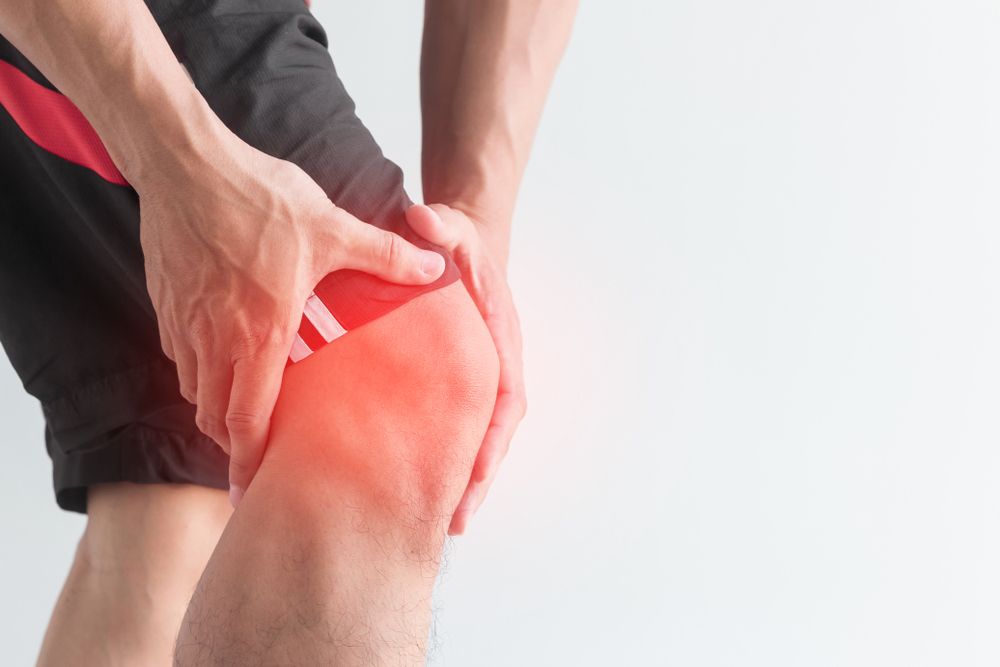[vc_row][vc_column][vc_column_text][/vc_column_text][/vc_column][/vc_row][vc_row][vc_column][vc_column_text]The Sleep Health Foundation of Australia have stated that 2/3 of Australian adults are not getting the recommended 8.25 hours of sleep for the average adult every night. Research has shown a causal link to a number of major diseases caused due to a lack of sleep including, Alzheimer’s, cancer, obesity and diabetes type 2.
There are two main controlling systems that control our sleeping patterns,
1. Our internal clock, called the circadian rhythm, which works on a 25 hour cycle- not as precise as a Rolex watch.
2. Sleep pressure, which builds up through the release and absorption of certain hormones such as melatonin and adenosine.[/vc_column_text][/vc_column][/vc_row][vc_row][vc_column][vc_column_text]There are a number of misconceptions around the hormone melatonin. Melatonin helps to regulate the timing of sleep, but has little impact with generation of sleep. Melatonin has been proven not to be a powerful sleeping aid, and instead can only assist either through placebo or with jet-lag. Adenosine increases our desire to sleep and continues to build up with every walking minute.
Sleep can heal, and has been proven to assist with brain recovery, restocking the immune system, lowering blood pressure, maintaining the stomach micro biome, and regulating the bodies metabolic state between insulin and glucose.
At night we go through 4 sleep phases, where stages 3-4 being the most difficult to wake up a person. The sleep stages are broken up into 2 parts, NREM= non repaid eye movement, and REM= rapid eye movement. The body relies heavily on the late REM cycle to assist with recovery.
Losing 2 hours of sleep actually costs you 60-90% of your REM cycle.
Benefits of sleep include :
1. Assist with concentration
2. Saves and consolidates what has been learnt, where long term sleep moves memory from short term storage to long term storage in the neocortex.
3. Improve muscle memory and fine motor planning
4. Reduce muscle fatigue and improve muscle recovery
5. Decrease the likelihood of Alzheimer’s, where its been proven that 60% of Alzheimers patients have a sleeping disorder.
6. Decrease the likelihood of cardiovascular disease, where research has been shown that you are 45% more likely to have coronary artery disease if you sleep <6 hours 3x a week and 200% more likely to have a stroke or heart attack if you are >45years old and sleep < 6 hours.
7. Decrease the obesity and diabetes.
How to improve sleep :
1. Reduce alcohol and caffeine- Caffeine—– artificially mutes adenosine pressure
2. Establish a regular bedtime and wake up time
3. Never lie in bed for significant periods
4. Avoid powerful lights within 2 hours of sleep, ie ipads
____
I hope this has shed some light on the importance of quality sleep on our health and has provided some tips on how to get better sleep if you need it! It is an absolutely essential part of human recovery and function.
If you have any questions about this blog, or anything Physio related please reach out, we are more than happy to help you![/vc_column_text][/vc_column][/vc_row][vc_row][vc_column][vc_separator][/vc_column][/vc_row][vc_row el_class=”colored animate” el_id=”our-team”][vc_column width=”1/4″][vc_single_image image=”2593″ img_size=”large”][/vc_column][vc_column width=”3/4″][ultimate_spacer height=”0″ height_on_mob_landscape=”15″ height_on_mob=”15″][porto_ultimate_heading main_heading=”Daniel Parasiliti” alignment=”left”]Partner & Senior Physiotherapist[/porto_ultimate_heading][vc_column_text]Daniel has worked with many elite level sporting affiliations including WAFL football clubs, West Australian Ballet, Western Force, numerous local sporting clubs and is currently the Physiotherapist for Guildford Grammar and their football program.
Daniel is a proud husband, father of young twin boys and his little daughter. He is a mad Geelong supporter and loves a good Swan Valley red wine or cheese.
SPECIAL INTERESTS:
Sporting and Musculoskeletal Injuries
[/vc_column_text][/vc_column][/vc_row][vc_row][vc_column][/vc_column][/vc_row]

